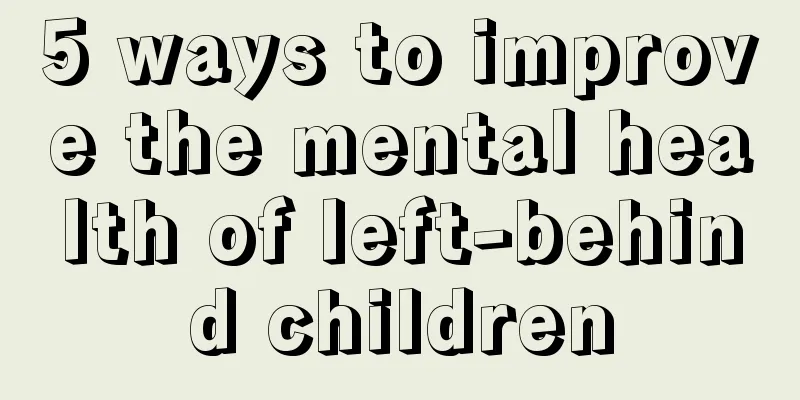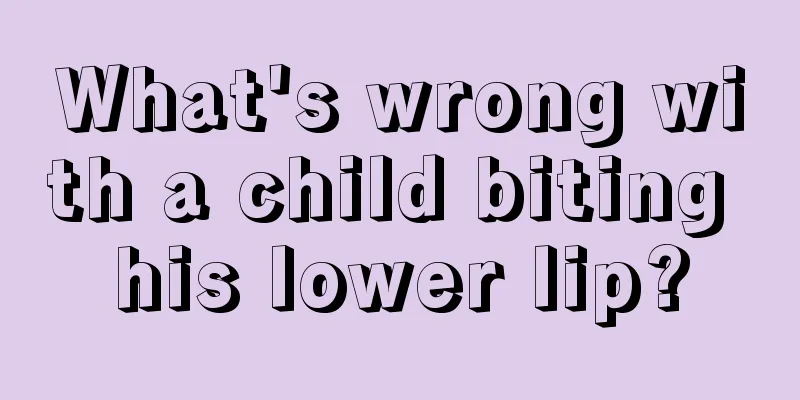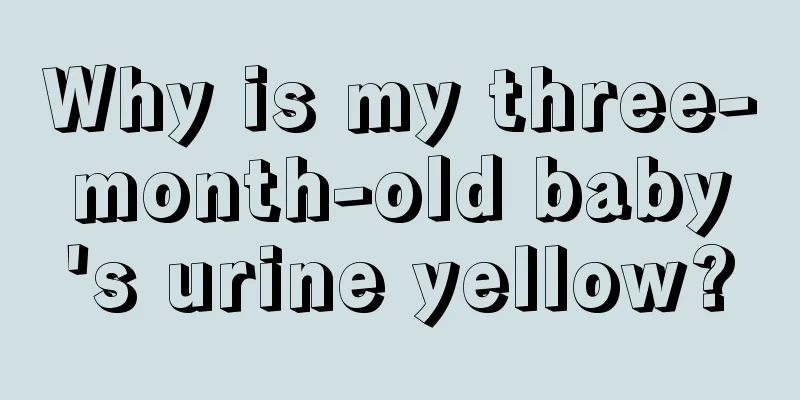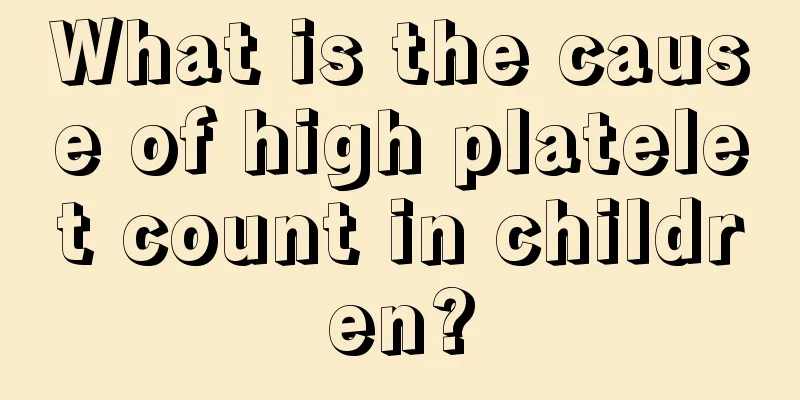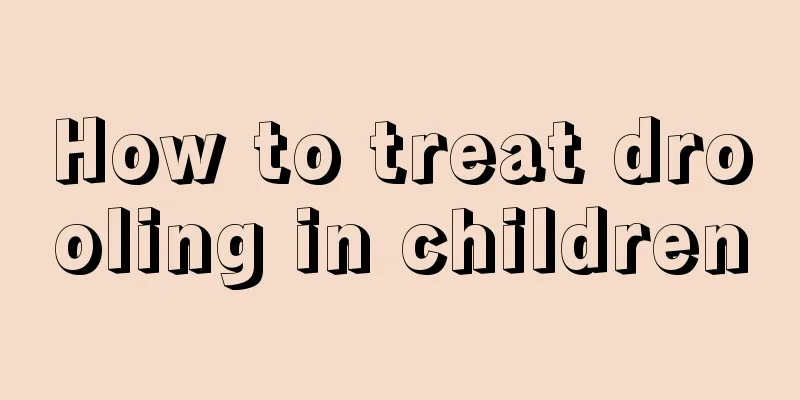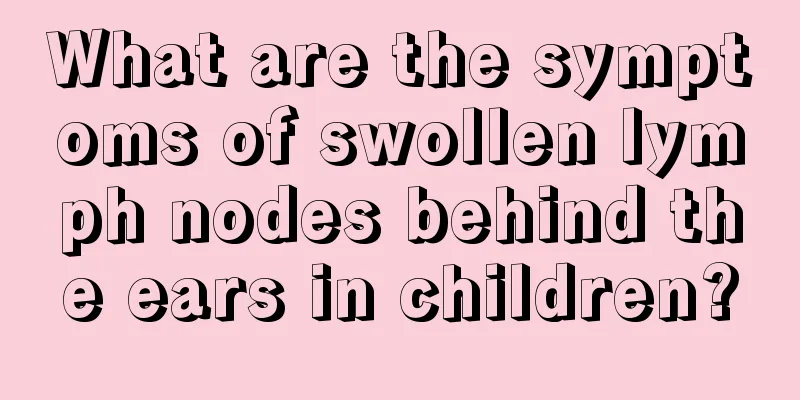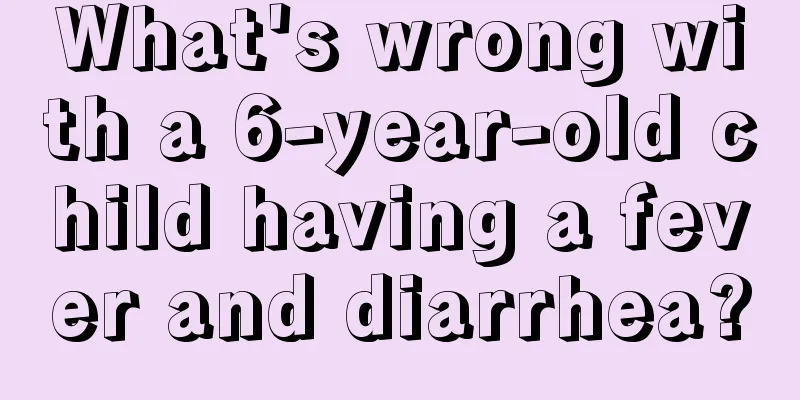How to treat purpuric nephritis in children
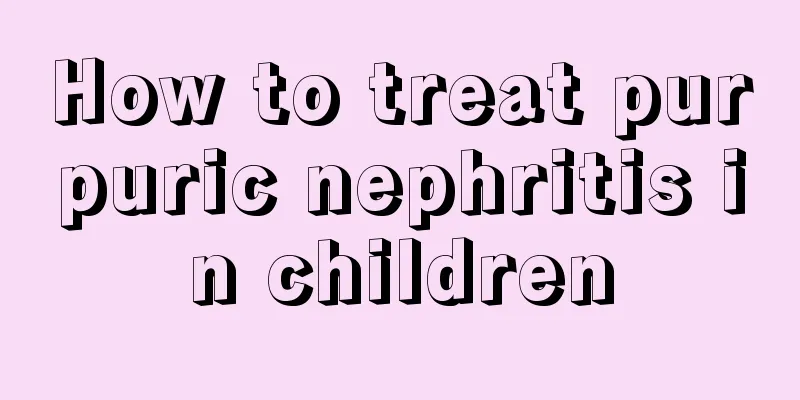
|
Purpura nephritis in children is relatively common in clinical practice, and the treatment of allergic nephritis in children is also very important for people. Generally speaking, pediatric purpuric nephritis needs to be classified, and different types of treatments are also different. Of course, we also need to pay attention to the prognosis. There is currently no specific treatment for purpuric nephritis in children. Symptomatic treatment is the main treatment, with attention paid to protecting renal function. After a child suffers from purpura, the treatment process will vary depending on the pathology. Therefore, special attention should be paid to protecting kidney function, because the recurrence of purpura can aggravate kidney damage. 1. Lightweight No special treatment is required, and symptomatic and supportive treatment is the main approach, avoiding contact with allergy-causing foods and drugs. Sensitive antibiotics can be used when there is clear infection. 2. Acute nephritic syndrome The main functions are to lower blood pressure, promote diuresis, control infection foci, and protect kidney function. Specific medication is the same as that for acute glomerulonephritis. 3. Nephrotic syndrome Adrenal cortical hormones can be used, usually prednisone. 4. Rapidly progressive nephritis and chronic nephritis The treatment is usually combined with hormones, cytotoxic drugs, anticoagulants and traditional Chinese medicine. Renal failure can be treated with dialysis. For rapidly progressive nephritis, methylprednisolone pulse therapy can be used early. 5. Prognosis More than half of children with Henoch-Schonlein purpura can recover from kidney damage on their own, but a small number of children still have persistent hematuria, proteinuria and hypertension for a long time. About 2% of children develop end-stage nephritis, especially those with glomerulonephritis showing crescent formation in pathological examination. More than 80% of them develop end-stage nephritis within 1 year. |
<<: What are the early symptoms of autism in children?
>>: What calcium tablets are good for children to take?
Recommend
How to stop a one-year-old baby from sucking his thumb?
It is a common condition for babies to suck their...
What soup should children drink to replenish blood?
When children are young, they are most likely to ...
What should I do if my child has low white blood cell count and high fever?
Spring is the peak season for influenza, and cold...
Top 10 best fruits for babies
Everyone knows that eating fruit is good for chil...
Red blood streaks on children's faces
Children's skin is very delicate and tender. ...
What are the recipes for picky eaters?
Children nowadays live a carefree life and are ca...
Why are my baby's lips red?
Taking good care of the baby and providing the ba...
What causes yellow teeth in children?
It is said that children are what parents worry a...
What to do if baby's tongue is black
We all know that the tongue coating of a healthy ...
What causes testicular pain in children?
Parents need to pay attention when they hear thei...
What are the symptoms of rabies in children?
Nowadays, many families with babies have cats and...
What is the cause of the newborn's mouth peeling?
We all know that taking care of a baby is not an ...
Massage techniques for treating cough caused by wind and cold in children
Wind-cold cough is a common physical illness for ...
What to do if your four-year-old baby has tooth decay
Many parents are troubled by one thing: children ...
What are the emergency measures for a heart attack?
Heart disease is a very serious type of disease, ...
